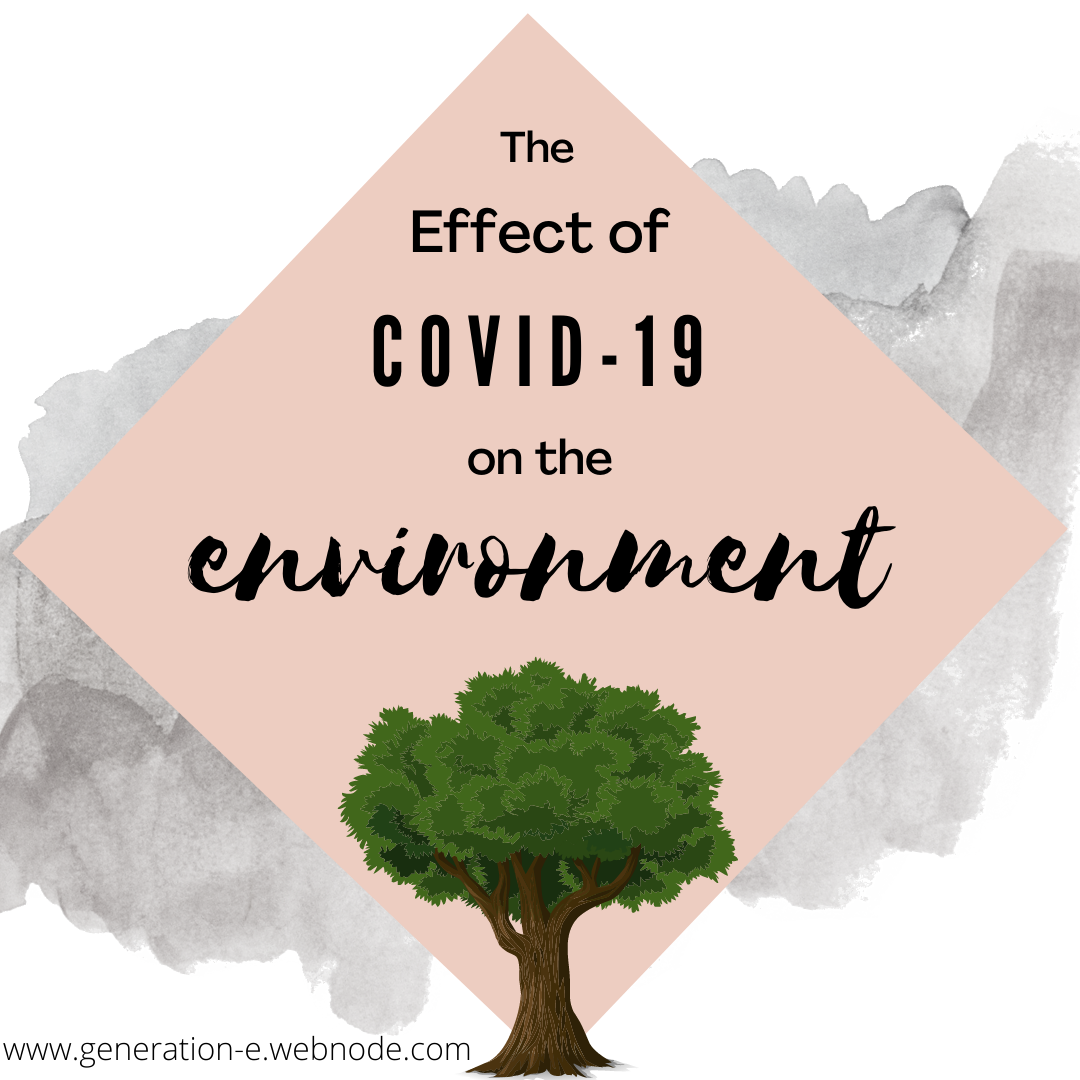The Effect of Covid-19 on the Environment

by Sydney Perkins
Information about the Covid-19 outbreak, our government's reaction, and medical experts' predictions has flooded news channels. Covid-19 affects our lives from the way we students are attending school and adults going to work to the way we shop and socialize. Beyond that, Covid-19 outbreak and the global economic shutdown has much wider effects that we hear about, especially for our environment. Here are some ways that this economic shutdown affects the industries that have large impacts on our climate.
1. Cars
With many people not leaving the house, there has been a drop in overall driving. The decrease in driving looks like a plus for our environment, with a reduction in smog and carbon emissions. However, this Covid-19 shut down may have long term detrimental effects for our air. According to Simon Wright, on the Economist's radio podcast, the effect of this economic shutdown on the car industry impacts the transition to electric vehicles. Car manufacturers need the profit from combustion engines to finance the testing and release of electric vehicles. Now that people have also stopped buying cars, car manufacturers are losing the funds to experiment and put electric vehicles on the market. Additionally, to support these car companies President Donald Trump has also scaled back emission regulations.
2. Meat
The livestock and meat industry accounts for around 9% of America's carbon emissions. Because of safety and health regulations, many meat packaging factories have closed down. For the average meat consumer, there may be little immediate change because of the meat in cold storage. Still, for the farmers, the economic slowdown can have long term consequences. In the 2008 economic crisis, many American families stopped eating meat. They opted for other proteins such as beans, eggs, and legumes.
Similarly, the economic situation caused by the Covid-19 shut-down can cause people to buy less meat, and farmers will move away from raising animals and onto other areas. The decrease in meat consumption will cause meat prices to rise. As meat prices climb and the cost of fake meat decreases (and its popularity increases), America could see a permanent change to our meat industry.
3. Airplanes
After the initial Covid-19 outbreak, one of the first things to close were airlines as travel became highly cautioned against. And like with cars, there is a short term decrease in air pollution created by planes, however, in the long term it may curb efforts to decrease carbon output. Many air companies have been asking the governments to decrease the carbon limits that they are enacting. Air France-KLM used the virus to ask European countries to delay policies to curb air travel and reduce emissions. Furthermore, many governments were planning to add flight taxes to decrease the number of flights. However possible flight taxes simply exacerbate the financial situation of many airlines. Companies are also having to change their environmental goals. Ryanair spokeswoman Alejandra Ruiz says the airline's environmental targets remain unchanged. Still, many airlines are struggling financially and may not be able to to achieve their goals. Furthermore, oil prices have been falling slowly, which is beneficial for airlines, potentially detering their efforts to increase fuel efficiency.
-
Sydney Perkins
Generation-E
Sources:
Cars: https://www.economist.com/podcasts/2020/04/28/changing-gears-has-the-world-passed-peak-car
Meat: https://www.google.com/amp/s/www.nytimes.com/2020/04/17/climate/meat-industry-climate-impact.amp.html
Airplanes: https://www.google.com/amp/s/www.nytimes.com/2020/03/06/climate/covid-19-climate-change.amp.html
